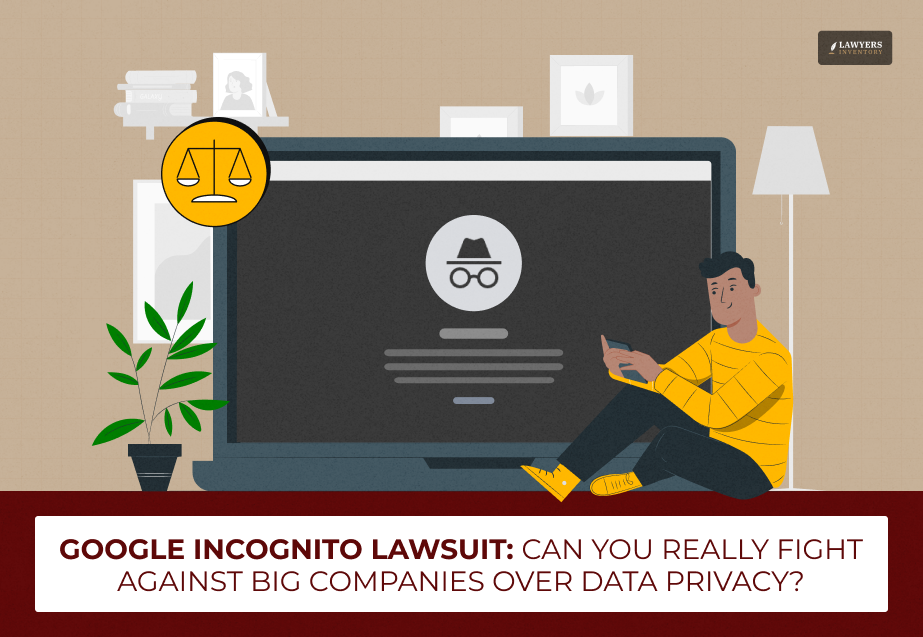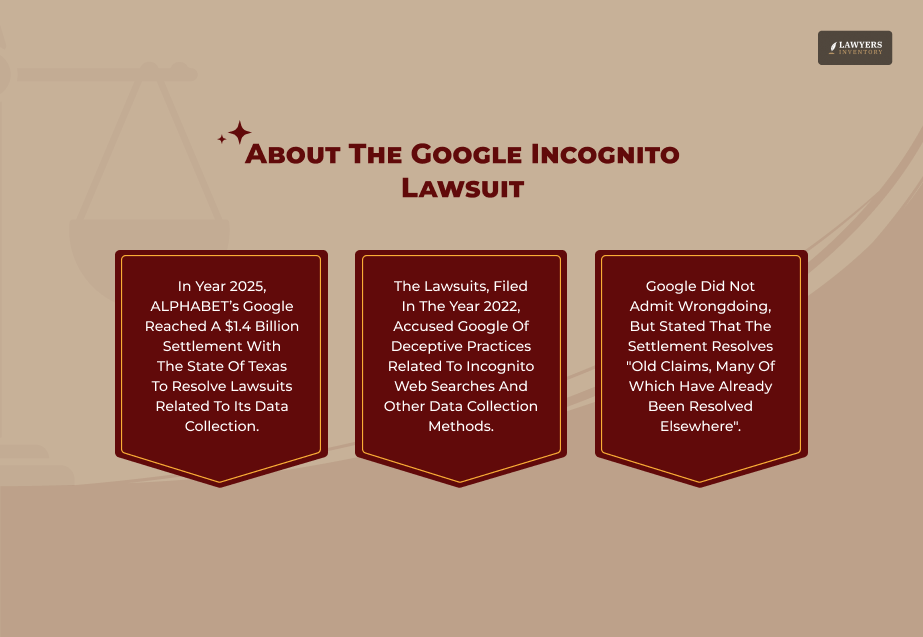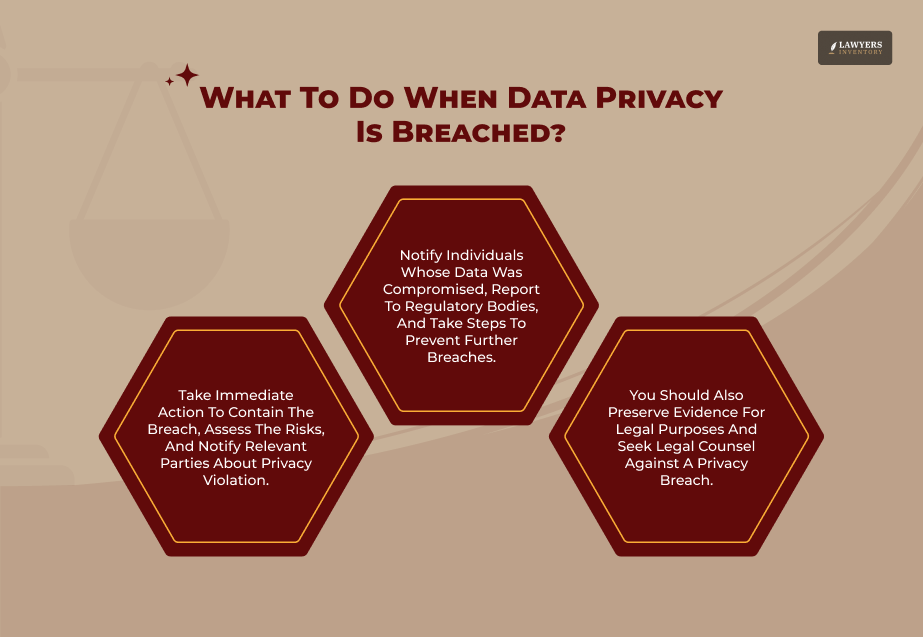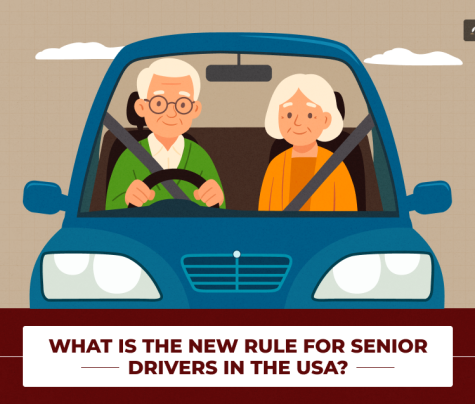
Today’s topic: Google Incognito Lawsuit!
From time immemorial, ever since I started scrolling through the Internet, if there was one thing I was confident about, it was that my data privacy is secured if I go incognito.
And guess what? Like many others, this idea had convinced me so strongly that it took me some time to be okay with the fact that we, as users, have been cheated.
Are you someone like me? Did you also think incognito mode was your secret weapon against online snoopers? Think again. It’s time to burst that bubble just like mine did.
Fun fact: While incognito mode might hide browsing history from your computer’s prying eyes, it does not always work.
Why?
Because even when you’re incognito, your internet service provider (ISP) can still see everything you do online. And let’s not forget about those pesky tracking cookies that can follow you around the web, even when you’re trying to be sneaky.
It’s like hiding your face in a crowd by wearing a hat. Sure, it might cover your eyes, but your unique features are still there for the world to see.
In a digital world where every click, search, or scroll can be tracked, data privacy has become a big deal. And when one of the world’s biggest tech companies is accused of crossing the privacy line, it’s bound to cause a stir.
Hi. In today’s blog, I will be talking about how one of the world’s biggest companies got involved in this legal battle and how a settlement was the only solution behind it!
So, if that’s what you want to know, then you have come to the right place. Therefore, keep on reading this blog till the end and thank me later…
What Was The Google Incognito Lawsuit About?

In June 2020, a group of users sued Google’s parent company, Alphabet Inc., claiming that Google tracked users even when they were browsing in Incognito Mode — a feature in Chrome that’s supposed to offer privacy.
They said:
“Even when we were in incognito, Google kept watching what we were doing online — which we never agreed to!”
This led to a $5 billion class-action lawsuit, one of the biggest privacy lawsuits in recent tech history.
Major Allegations In The Google Incognito Lawsuit
Here’s what the lawsuit accused Google of doing:
- Tracking user data even in incognito mode
- Using cookies, analytics, and other tools to collect info on people’s activities
- Violating users’ privacy without consent
- Breaking wiretapping and privacy laws
Let’s take a look at what people thought incognito did vs. what it allegedly did:
| Feature | What Users Expected (Safe) | What Lawsuit Claimed (Not Safe) |
| Browsing history | Not recorded | Still tracked by Google |
| Cookies | Not stored | Some cookies still active |
| Activity tracking | No tracking | Continued tracking for ads |
What Did Google Respond To The Incognito Lawsuit?
Google strongly denied the claims. Their main arguments were:
- Users are not completely invisible in Incognito Mode — and that’s already explained on the screen.
- They weren’t doing anything illegal, just collecting anonymous usage data to improve services.
- Their privacy policy mentions how and what data is tracked.
In short, Google said:
“We’re upfront about how Incognito works, and we didn’t break any rules.”
But users argued that the average person wouldn’t understand all that legal jargon — and would naturally assume that incognito meant completely private.
What Was The Outcome Of The Google Incognito Lawsuit?
As a result of the Google Incognito lawsuit, the billion-dollar company had to agree to make some changes in its operations and the way it stored/collected data.
- Firstly, the company rephrased its notifications to explicitly inform customers that they are obtaining their private browsing data.
- Secondly, they had to erase innumerable records of users’ private browsing activities.
- Thirdly, Google had to ensure that non-consent third-party cookies are not used in incognito mode.
A settlement of this nature is a major win for the front of user privacy. And with this, people could hold Google accountable to be more transparent about data collection and privacy protection for users online.
The agreement covers more than just these steps. Google also had to:
- Abort all four of the designated private browsing detection bits. These detection bits were the tools that allowed Google to monitor users’ private browsing activity even if they were in incognito mode.
- Refrain from employing third-party cookies to pursue users’ private browsing activity. This will reduce Google’s capacity to gather information about users’ on-line behaviors.
- Grant users additional privacy choices. Besides, Google is committed to give the users a more comprehensive account of what privacy considerations arise if they employ incognito mode.
Understanding Data Privacy And How It Affects Users

So, what exactly is data privacy, and why should you care?
In simple words, data privacy is your right to keep your personal information — like what you search, click, or buy online — private and protected.
Here are common ways companies track you:
- Cookies: Tiny files that remember what you did online.
- Tracking pixels: Hidden images that record actions.
- IP addresses: Reveal your location and internet activity.
- Google Analytics: Tracks how users behave on websites.
Now, you might ask what the things are that these companies collect? For those who don’t know, here’s what they usually collect:
| Type of Data | Example |
| Browsing behavior | Pages you visit, time spent |
| Search terms | What you type in search bars |
| Device info | Your phone/laptop type |
| Location data | Where you’re browsing from |
All this information is often used to target you with ads, improve products, or even sold to other businesses.
What Can You Do If Your Privacy Rights Are Violated?
If you feel your online activity was tracked without your okay, you’re not powerless. Here’s what you can do:
Here are some of the steps that you can take:
- Clear cookies and browser history regularly
- Use privacy-focused browsers like Brave or Firefox
- Read terms and conditions (or at least the privacy sections)
- Turn off location tracking on your devices
- Use VPNs (Virtual Private Networks) for safer browsing
- Check if you can join class action lawsuits if your rights were violated
You have a right to know who is collecting your data, how it’s being used, and to say no when it matters.
Can You Sue Alphabet With A Class Action In The Google Incognito Lawsuit?
Yes, you can. And that’s exactly what happened. A class action lawsuit is when a group of people with similar complaints join forces and file one big case.
In this case, millions of Chrome users were allowed to be part of the lawsuit against Google.
Who Were Eligible To Join The Lawsuit?
People who were eligible to file a lawsuit were the ones who:
• Used Google Chrome’s Incognito Mode
• Used it between specific dates (in this case, from June 1, 2016 onward)
• Didn’t give permission for data to be tracked
Always read the eligibility notice on official class action settlement sites or consult a lawyer before joining.
Which Lawyers Can Help You With Cases Like Google Incognito Lawsuit?
If you’re not a tech expert or lawyer, don’t worry — there are professionals who specialize in privacy law.
Here are some of the different types of lawyers who handle these cases:
- Class action lawyers.
- Consumer protection attorneys.
- Digital privacy lawyers.
And how do they help? Here’s how:
- Review if your rights were violated
- Help you join or file a class action
- Collect evidence (like browser use logs, consent forms)
- Negotiate settlements or take the case to court
So, where can you find these lawyers? I am here to let you know! You can find these lawyers by:
- Visiting legal aid websites.
- Searching state bar directories.
- Contacting firms involved in similar lawsuits.
What Was The Impact Of The Google Incognito Lawsuit?
The case didn’t just make headlines — it made a difference. In December 2023, Google agreed to a settlement worth $5 billion.
Here’s What Happened:
- Google did not admit fault, but they agreed to settle
- The lawsuit showed how even big companies can be held accountable
- The case raised awareness about online privacy rights
- It pushed tech companies to be more transparent about what data they collect
Here’s how things changed before and after the lawsuit:
| Issue | Before Lawsuit | After Lawsuit |
| Incognito transparency | Confusing for many users | Clearer privacy explanations |
| User awareness | Low | Higher awareness of tracking |
| Legal accountability | Rare against tech giants | More consumers filing lawsuits |
So, can you really fight big companies over data privacy?
Yes, you can. The Google Incognito lawsuit is proof that even the biggest companies can be challenged when people stand together. It also shows that privacy matters and laws are slowly catching up with technology.
Just keep in mind that:
- Just because a screen says “Incognito” doesn’t mean you’re invisible
- You have digital rights
- There are lawyers and tools that can help you protect them
- When in doubt, ask questions or seek legal advice
And yes, remember: Data is power — and when it’s your data, you deserve control over it.
Read Also:
- Cash App Settlement Class Action: Insufficient User Data Protection and Digital Money
- AT&T Data Breach: What Affected Customers of This $13 Million Class Action Should Know
- Facebook User Privacy Settlement: What the $725 Million Lawsuit Teaches Us About Privacy in Digital World











0 Reply
No comments yet.